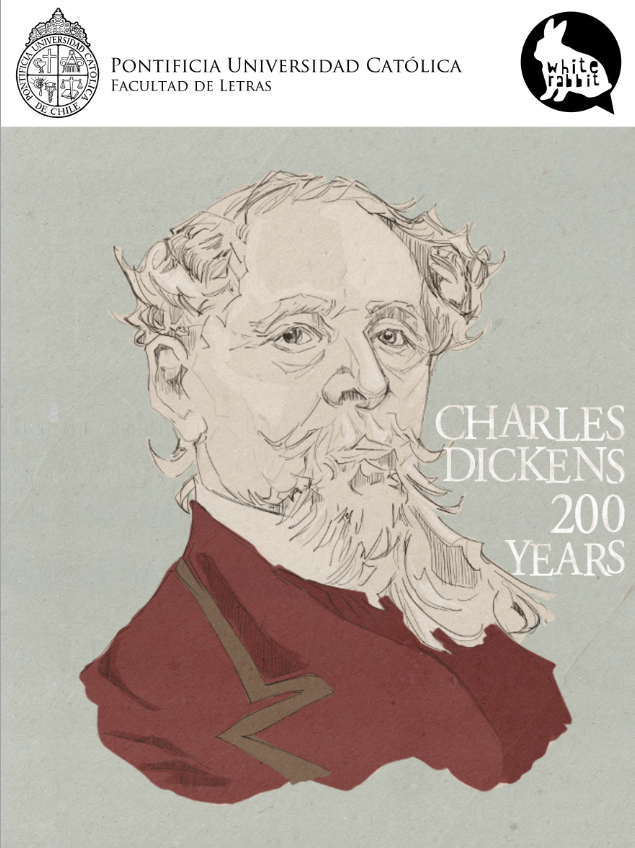California Dreaming: Gabriela Mistral’s Lucid Cold War Paranoia
DOI:
https://doi.org/10.7764/ESLA.61729Keywords:
CORRESPONDENCE, COLD WAR INTERNATIONAL RELATIONS, CHILEAN LITERATURE, GABRIELA MISTRAL, POST WORLD WAR II CALIFORNIA LITERATURE, CHILE, MEXICOAbstract
Gabriela Mistral’s boundary crossing strategized and anticipated multiply shifting dynamics druing the early years of the Cold War. Border-crossings prove relevant to the method of triangulation deployed throughout this study. As a method, triangulation draws from multiple kinds of measures, relating correspondence to
interviews, historical maps and photographs, survey data, consular reports and more. From this combination of theory, method, and sources a biographical narrative develops that is at once accurate (to compensate for an ongoing stream of poorly-edited, inaccurately transcribed or attributed materials) and an intimate reflection on Gabriela Mistral’s “paranoia” in post WW II era California. This study of Mistral’s life and work in California from 1946-1948 reveals her experience of borders as personally empowering within the consular
service, where help from nearby Mexico countered the hostilities from Santiago. Her condition as a mestizaidentified Chilean citizen with substantial international experience made her cognizant of the tensions along borders, which enhanced her understanding of race in the United States and Mexico. Harnessing the power of borders and her contacts with the media, Mistral effectively countered and undermined patriarchal and colonial power structures that sought to control and silence her.
Downloads
Downloads
Published
How to Cite
Issue
Section
License

This work is licensed under a Creative Commons Attribution-NonCommercial-NoDerivatives 4.0 International License.


